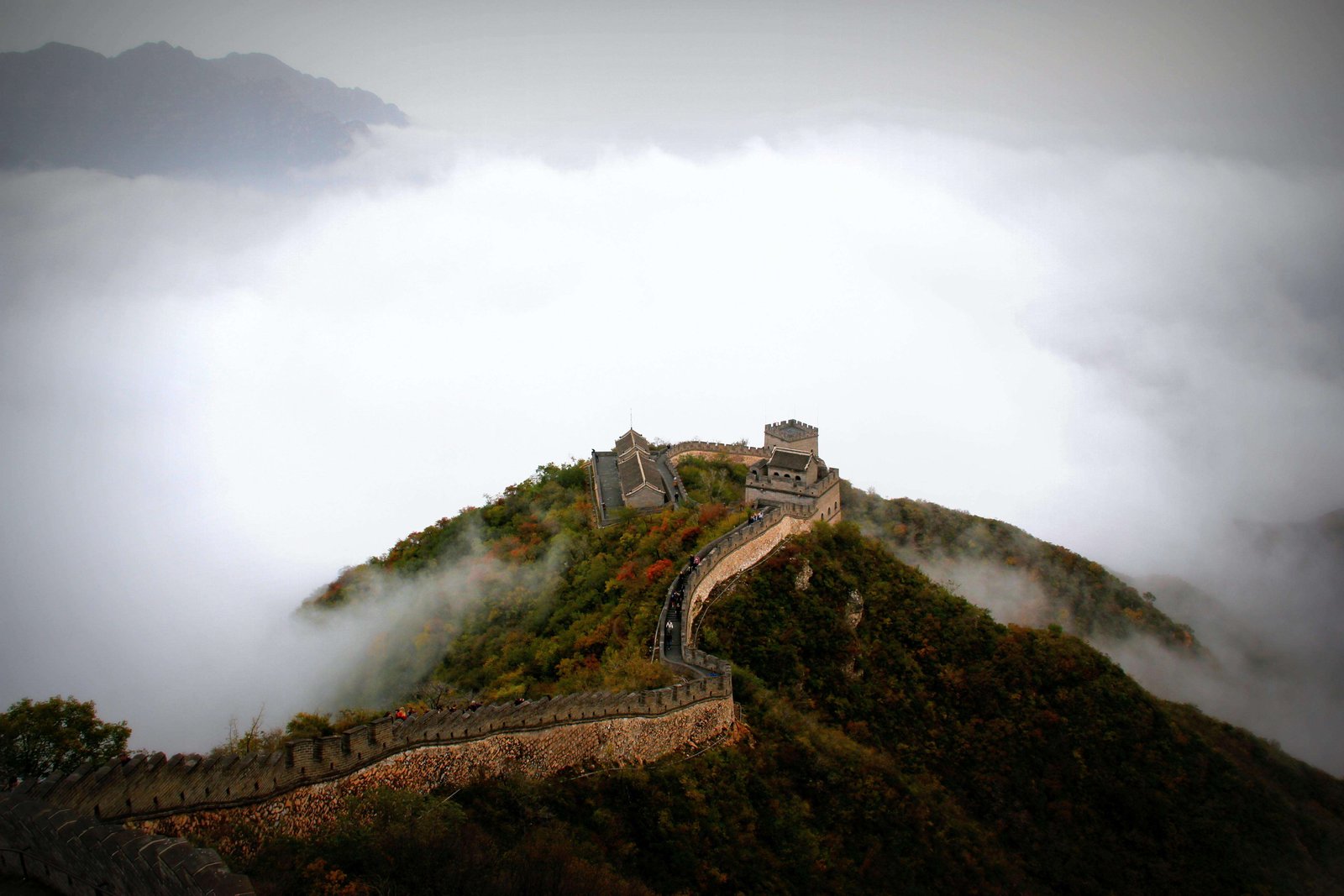Beijing city
Overview: Beijing, the capital of China, is a city where the ancient and modern worlds collide in fascinating ways. Known for its rich history, political significance, and vibrant culture, Beijing serves as both the historical heart and political nerve center of China. With a history spanning over three millennia, it has been the stage for many of China’s most pivotal historical events and continues to be a hub of cultural and economic activity.
Historical Significance: Beijing’s historical tapestry is richly woven with landmarks that date back to ancient times. The Forbidden City, a sprawling palace complex, was the imperial residence for 24 emperors of the Ming and Qing dynasties. Spanning over 180 acres, it consists of nearly 1,000 buildings and is renowned for its grand architecture and intricate details. It houses the Palace Museum, which contains a vast collection of Chinese art and artifacts. The Temple of Heaven, an iconic example of Ming Dynasty architecture, was where emperors performed ceremonies to ensure good harvests and has become a symbol of Beijing’s historical and spiritual heritage. Additionally, the Summer Palace, with its beautiful lakes, gardens, and pavilions, was an imperial retreat and remains a popular destination for both locals and tourists.
Modern Attractions: Beijing’s modern skyline is equally impressive, featuring architectural marvels such as the Bird’s Nest Stadium and the Water Cube, which were built for the 2008 Beijing Olympics. The National Grand Theater, with its striking glass dome and modern design, is a focal point for the city’s cultural events. The 798 Art Zone, located in a former industrial area, is now a vibrant arts district known for its contemporary art galleries, boutiques, and cafes. The Beijing CBD (Central Business District) is a bustling area filled with skyscrapers and high-end shopping malls, showcasing the city’s economic vitality and modernity.
Culture and Lifestyle: Beijing’s cultural landscape is a blend of the old and the new. The city’s culinary scene is famous for Peking Duck, a dish with a rich history dating back to the Imperial era. The traditional Hutongs, narrow alleyways lined with traditional courtyard houses, provide a glimpse into the daily lives of Beijing’s residents and offer a stark contrast to the city’s modern developments. The city’s teahouses and traditional Peking Opera performances are integral to its cultural life, offering experiences that celebrate its historical roots. Beijing’s vibrant festivals, including the Lunar New Year celebrations and the Mid-Autumn Festival, are marked by elaborate displays, cultural performances, and traditional activities, reflecting the city’s deep connection to Chinese traditions and celebrations.
